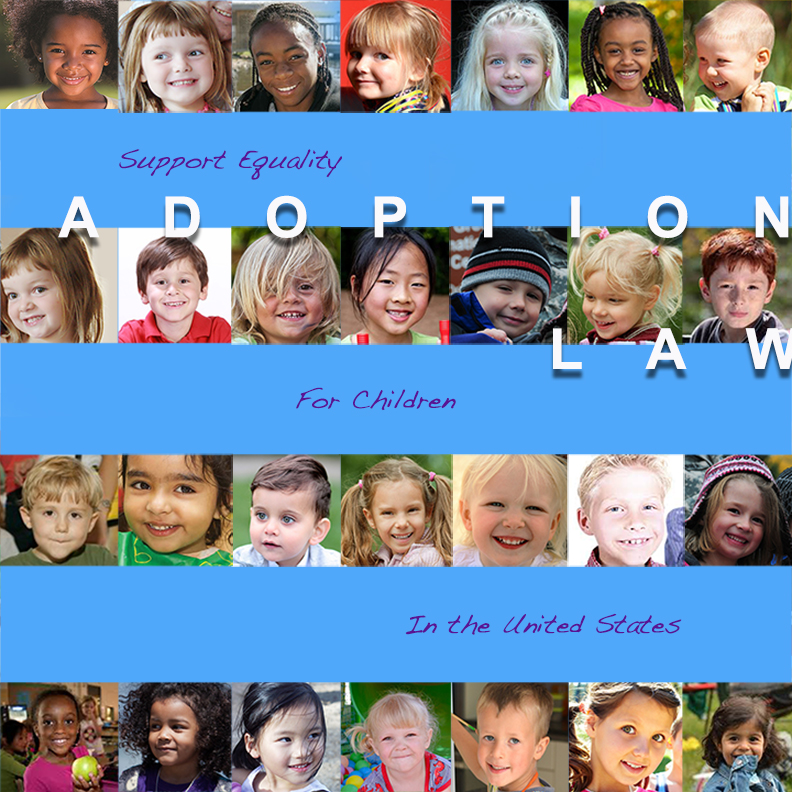Madison Law Review is currently advocating for improved legal rights and social dignity for adopted children.
We are working on an outline of a new bill that would require federal statutes to recognize adoption itself as the legal act of legitimization. This would allow adopted children equal legal standing with biological children.
Legally and federally, adoption is presently closer to classifying a child into a status with limited rights, rather than a process in which a child is adopted and subsequently treated as a true child of the adoptive parents.
The bill would allow adopted children the same rights as if they were a biological child, throughout their lives. There have been fantastic strides in updating adoption policy in recent years, but the problem is without a standing agreement at the federal level, adopted children in the United States have an unclear and unequal pool of rights both as children and as they progress into adulthood.
Madison Law Review is lobbying to get this bill (or one like it) passed because we believe this is a basic human rights issue and that adopted children should not be punished for circumstances beyond their control. The bill we are working on would remedy past injustices as well as ensure legal equity for present and future American adopted children.
Any adopted person born prior to 1983, who has grown up in America their entire life, has no known family or connections in the country they were born in because they were abandoned as a child, could be facing deportation back to a country they know little about because their guardians didn’t fill out naturalization paperwork when they were still a child. Before the Child Citizenship Act passed in 2000 and took effect (for existing minors) in 2001, all internationally adopted children in the U.S. would have been reliant on their adoptive parents to fill out naturalization paperwork even though they were now the child of American citizens.
Kids with adoptive parents that didn’t fill out their child’s naturalization paperwork in time, either as a result of negligence or lack of information, could be facing deportation. These are people that have grown up here quite literally their whole lives and don’t know any life different that being an American, having been here since they were infants, and are still being deported. There are an estimated 50,000 people that can say some variation of this story is their reality in the United States right now.
This issue ultimately comes down to taking responsibility for creating an equitable standard for all children in the United States, and coming to an agreement that a child who has been adopted should have the same worth and recognition as any other child.
Adoption should be a clear and fair process, not a status for life.
